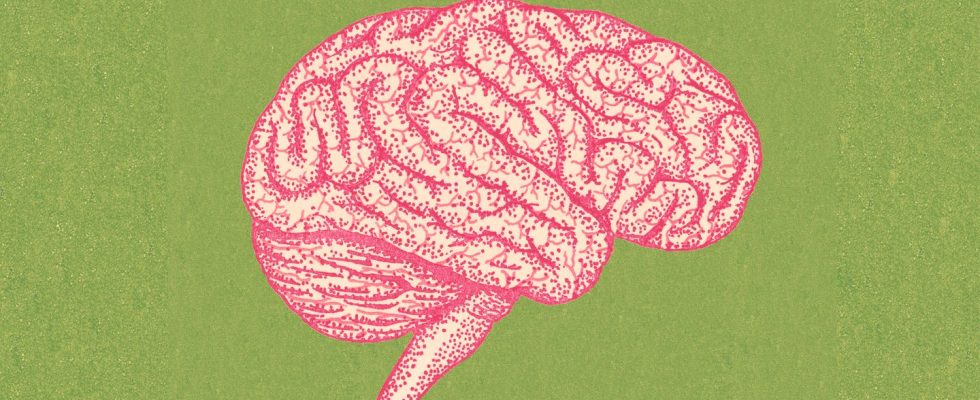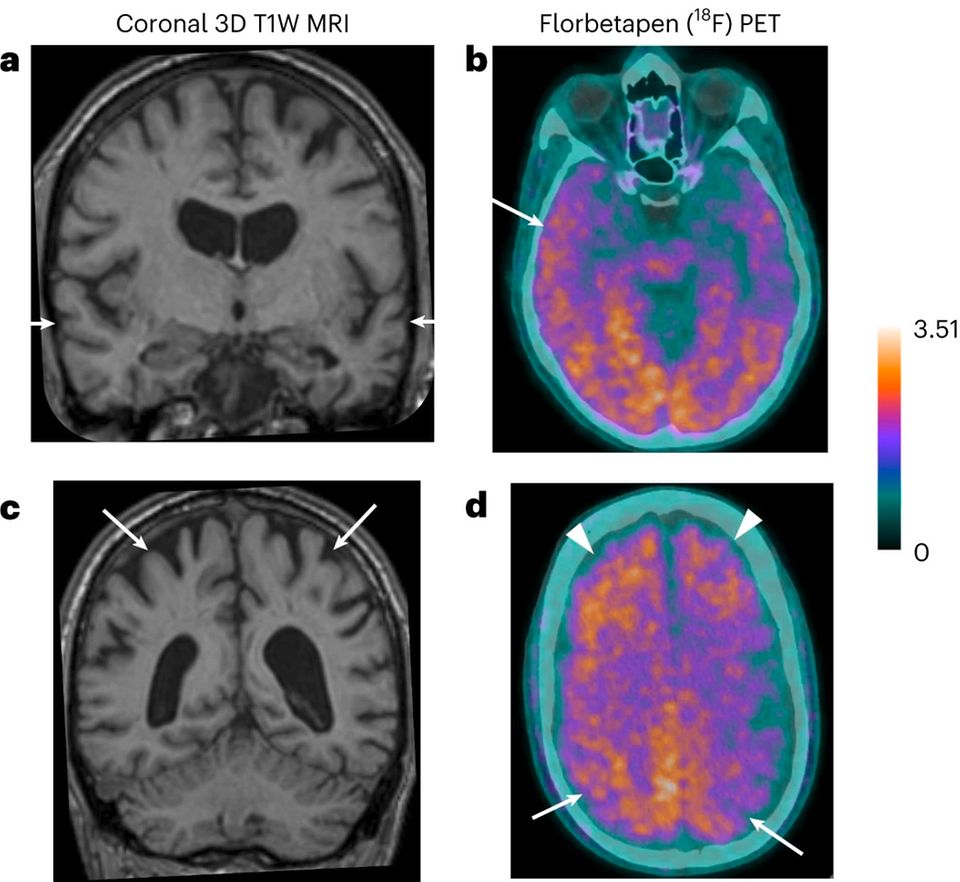analysis
Health
New Alzheimer’s study gives the all-clear: no risk of transmission in everyday life
New Alzheimer’s studies have caused concern – unnecessarily.
© Getty Images
British researchers had reported that, under very rare conditions, Alzheimer’s disease can also be transmitted from person to person. The excitement was great. Experts now emphasize that there is no risk in normal everyday life.
There is heated debate in science about which molecular mechanisms cause Alzheimer’s disease. So far, the genetic origin of the disease has mainly been described. But now a new study is causing a stir. This is what British researchers report in the scientific journal “Nature Medicine” that under very rare conditions Alzheimer’s transmission can also take place from person to person.
The study is based on findings from eight patients with growth disorders who received hormone treatments as minors. Over 30 years ago, these hormones – the correct name is c-hGH – were obtained from the brain tissue of deceased people. A practice that was discontinued in 1985 when it became known that some of those treated in this way developed Creutzfeldt-Jakob disease (CJD), a rare but always fatal brain disease.
As early as 2015, John Collinge’s team from the Institute for Prion Diseases in London discovered that these human hormone preparations were not only contaminated with the pathogens that cause CJD, but also with the building blocks of Alzheimer’s disease. One of these building blocks is a protein fragment also known as amyloid beta protein (Aβ). This protein can clump together to form pathological deposits called Aβ plaques, which can be detected in the brains of Alzheimer’s patients. They are seen as a possible cause of brain cell death and are therefore considered a sign of dementia.
“People don’t have to worry”
The eight patients in the current study were between the ages of 38 and 55 years, had received growth hormones in the past, but did not have CJD. However, five of them showed symptoms of Alzheimer’s disease, such as cognitive impairment, special biomarkers in the blood or Aβ plaques.
These magnetic resonance images show volume loss in the brain of a British patient examined. Long after treatment with growth hormone, he developed Alzheimer’s disease.
© Nature Medicine
According to the researchers, their data suggests that Alzheimer’s disease can also be transmitted between people through a medical procedure in which material obtained from the brain is transferred between people. However, the authors of the study and other experts emphasize that there is no potential transmission in everyday medical practice. Michael Beekes, head of the prions and prionoids research group at the Robert Koch Institute (RKI), says: “There is no risk of transmission in everyday handling and contact with Alzheimer’s sufferers.” Tara Spires-Jones, professor at the British Dementia Research Institute, also emphasizes: “People need not worry as this type of growth hormone is no longer used.”
According to the Federal Statistical Office, around 1.8 million people in Germany were living with dementia at the end of 2021. Those affected suffer from the loss of their cognitive abilities due to the constant breakdown of nerve cells in the brain. Orientation problems, memory loss and language disorders are the result; in the advanced stages of dementia, those affected often require care.
In principle, dementia can occur at any age, but the risk increases sharply with older age. Due to demographic change and increasing life expectancy, the number of sick people worldwide will inevitably increase. According to WHO estimates, around 139 million could be affected by the disease by 2050. Two thirds of those suffering from dementia suffer from Alzheimer’s dementia.



